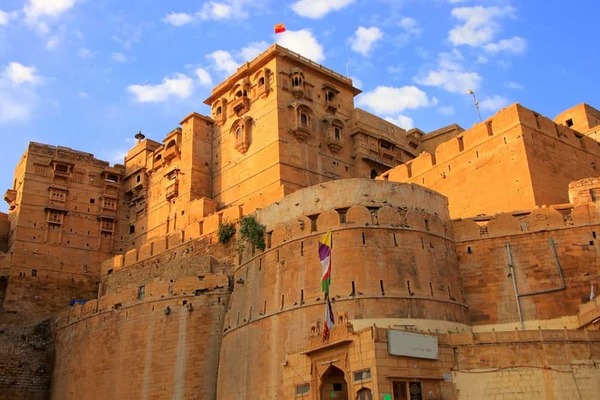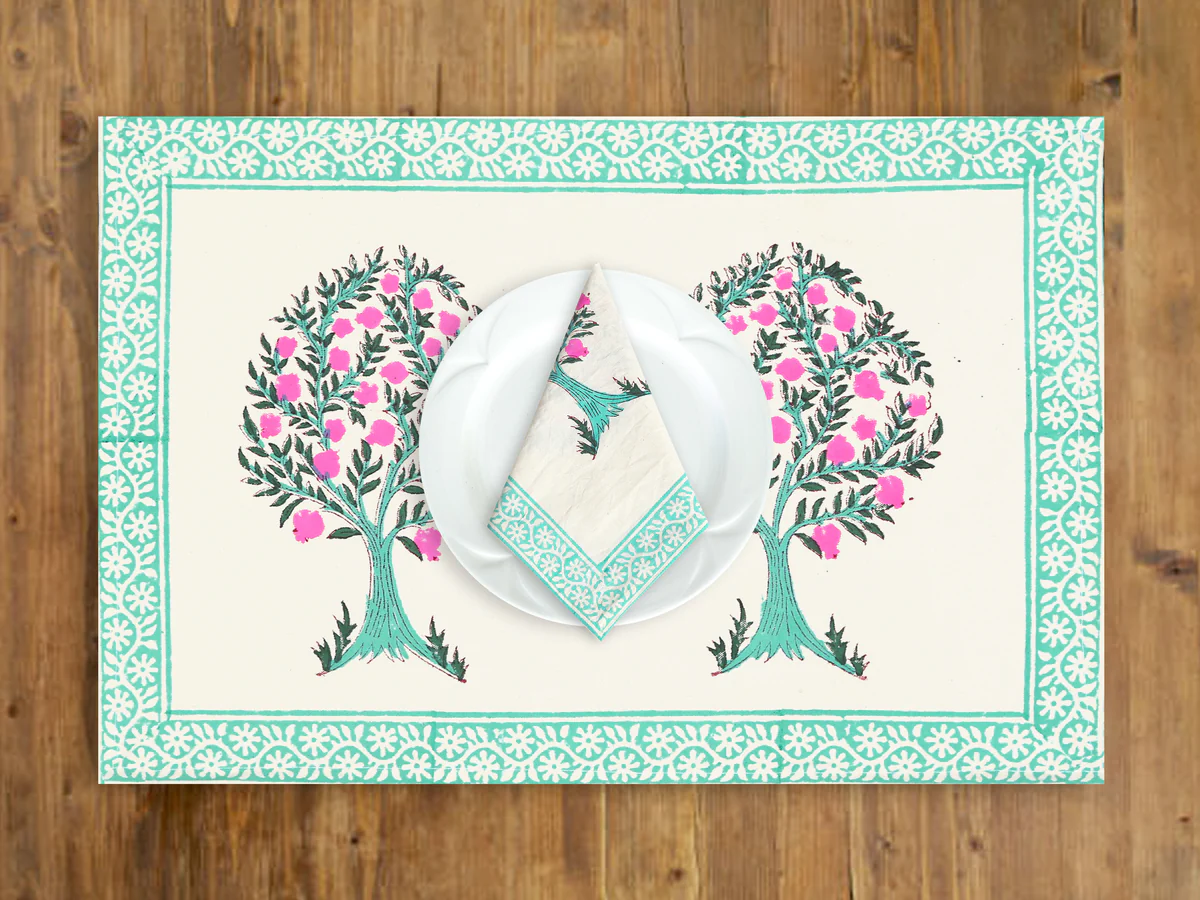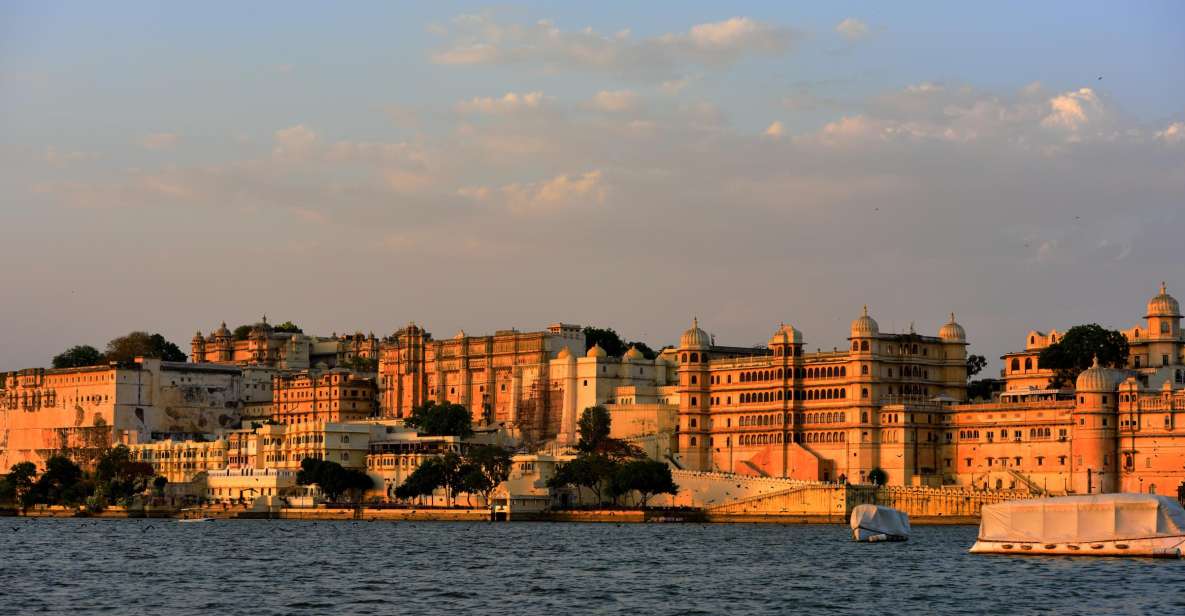From Forts to Folklore: A Deep Dive into Jaisalmer’s Timeless Culture

Introduction to Jaisalmer’s Cultural Landscape
Jaisalmer, often referred to as the Golden City of India, is a place where history and heritage come alive. Nestled in the heart of the Thar Desert, this city is renowned for its intricate architecture, centuries-old traditions, and vibrant cultural expressions that captivate every traveler. From the majestic Jaisalmer Fort to the enchanting folk music echoing through its narrow lanes, the city is a living museum of Rajasthani culture.
Understanding Jaisalmer’s cultural roots requires an exploration of its forts, havelis, folk traditions, and unique way of life. This guide takes you through the most iconic aspects of Jaisalmer’s heritage, shedding light on how its past influences the present.
The Majestic Jaisalmer Fort: A Symbol of History and Legacy
Standing tall as one of the very few living forts in the world, Jaisalmer Fort is a true testament to Rajasthan’s glorious past. Built in 1156 AD by Rao Jaisal, this fort is not just an architectural marvel but also a hub of local culture. Unlike other forts that serve as mere historical relics, this one is home to thousands of residents who continue to live and work within its walls.
Architectural Marvel of Jaisalmer Fort
-
Constructed using yellow sandstone, the fort takes on a golden hue under the desert sun, giving the city its nickname.
-
Inside the fort, visitors can find ancient temples, palaces, and winding alleyways that preserve the essence of Jaisalmer’s past.
-
The Raj Mahal, Laxminath Temple, and Jain Temples inside the fort display a mix of Rajput and Mughal influences in their carvings and frescoes.
The fort is not just an architectural gem; it is also a place where traditional businesses thrive, including handicrafts, textiles, and jewelry shops run by families who have been part of this fort for generations.
Havelis of Jaisalmer: A Window into Royal Elegance
Apart from its mighty fort, Jaisalmer is known for its grand havelis, which were once the mansions of wealthy merchants. These havelis offer a glimpse into the artistic and cultural richness of the city.
Famous Havelis in Jaisalmer
-
Patwon Ki Haveli – A collection of five intricately carved mansions, this haveli showcases detailed stone latticework and frescoes.
-
Salim Singh Ki Haveli – Known for its peacock-shaped rooftop and distinctive architecture.
-
Nathmal Ki Haveli – Built by two architect brothers, this haveli blends Islamic and Rajput designs in an extraordinary way.
The havelis stand as architectural masterpieces, reflecting the affluence of Jaisalmer’s trading class and their patronage of art and craftsmanship.
The Role of Folk Music and Dance in Jaisalmer’s Culture
No journey through Jaisalmer’s cultural heritage is complete without experiencing its soul-stirring folk music and dance forms. Passed down through generations, these traditions continue to define the identity of the region.
Traditional Music Forms of Jaisalmer
-
Manganiyar and Langas: These are the two most famous folk musician communities of Rajasthan, known for their soulful performances using instruments like the khartal, kamaicha, and dholak.
-
Gorbandh Music: A unique genre that narrates the tales of love, valor, and devotion in melodious tunes.
-
Bhavai Dance: A spectacular dance form where women balance multiple earthen pots on their heads while performing graceful moves.
These art forms are not just entertainment but a deep expression of Rajasthani heritage and storytelling traditions.
Jaisalmer’s Desert Lifestyle and Rural Traditions
The vast expanse of the Thar Desert shapes the lifestyle of the people of Jaisalmer. Villages surrounding the city still maintain age-old customs that provide a fascinating contrast to modern urban life.
Key Elements of Rural Culture in Jaisalmer
-
Mud Houses with Intricate Frescoes – The traditional homes in villages like Kuldhara and Khuri are decorated with beautiful hand-painted motifs.
-
Handicrafts and Weaving Traditions – Jaisalmer is known for its embroidery, block-printing, and leatherwork, all of which are handcrafted by skilled artisans.
-
Local Cuisine – The food culture of Jaisalmer revolves around dishes that can withstand the arid climate, such as dal baati churma, ker sangri, and gatte ki sabzi.
These customs provide a firsthand experience of Rajasthan’s desert culture, offering insights into the self-sustaining lifestyle of the people.
Festivals of Jaisalmer: A Celebration of Tradition
Throughout the year, Jaisalmer comes alive with festivals that celebrate its rich heritage. These festivals are an opportunity to witness the grandeur of Rajasthani culture in its full glory.
Popular Festivals in Jaisalmer
-
Desert Festival – Held annually in February, this festival showcases camel races, traditional music, turban-tying competitions, and puppet shows.
-
Gangaur Festival – Dedicated to Goddess Gauri, this festival is a visual treat with its processions, traditional songs, and vibrant attires.
-
Teej Festival – Marking the arrival of the monsoon, it is celebrated with folk dances and swings adorned with flowers.
These festivals are deeply rooted in history and spirituality, making them an integral part of Jaisalmer’s cultural fabric.
Exploring Jaisalmer’s Desert and Luxury Stays
For those wanting to immerse themselves in Jaisalmer’s cultural landscape, staying in a traditional desert camp is a must. One of the best ways to experience the authentic charm of Jaisalmer is through a Desert Camp in Jaisalmer, where travelers can enjoy camel safaris, cultural performances, and a night under the stars.
For a more comfortable and exclusive stay, a Luxury Tent in Jaisalmer provides an opportunity to indulge in modern comforts while staying close to nature and local traditions.
Conclusion: Why Jaisalmer’s Culture is Timeless
Jaisalmer’s culture is a blend of history, art, traditions, and desert life that continues to captivate travelers from around the world. Whether it is through its forts, havelis, folk music, rural lifestyle, or grand festivals, the city offers an immersive journey into Rajasthan’s vibrant past.
By exploring Jaisalmer beyond just its famous landmarks, one can truly appreciate the depth of its cultural heritage and timeless traditions.







